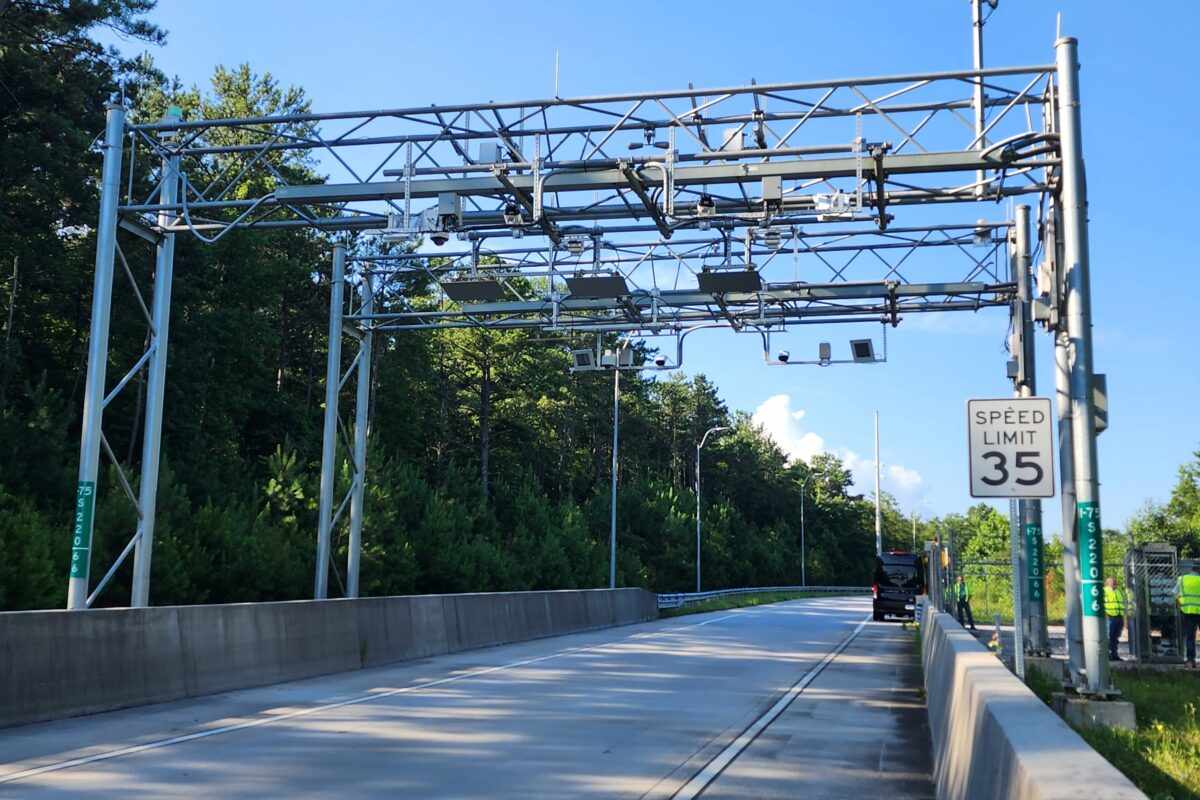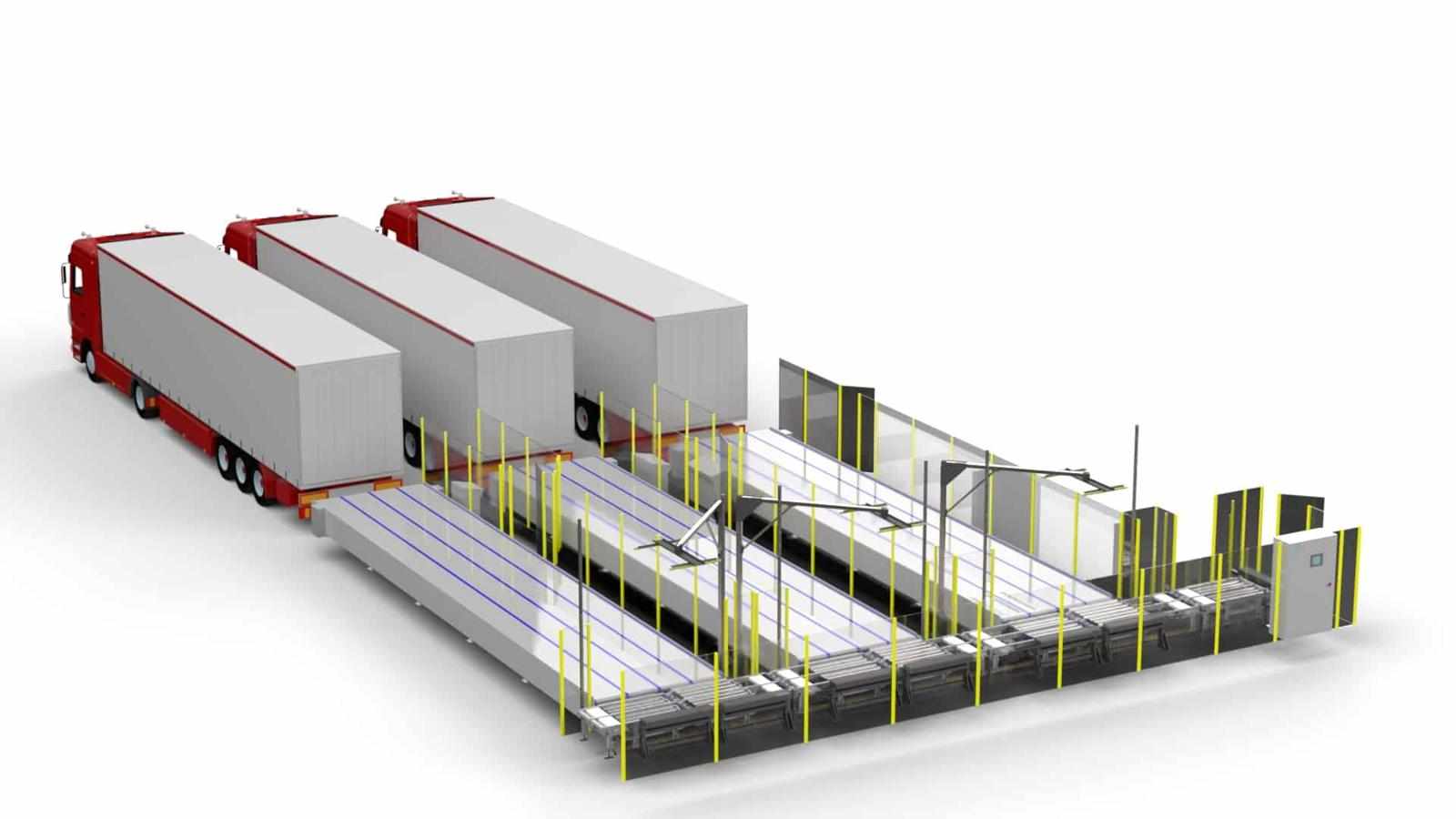
Introduction
Amazon Inc. is a global leader in e-commerce, cloud computing, and digital services, with its presence spanning across several continents. Africa, with its growing internet penetration, expanding mobile usage, and increasing consumer demand, presents a key opportunity for the company's growth. Over recent years, Amazon has been adapting various strategies and innovations to tap into the Africa Digital Marketplace Market. This article explores Amazon's strategic approach, emerging innovations, and developments in the African digital landscape.
Amazon's Strategy in the African Market
1. Expansion into New Markets
Amazon's approach to expanding into Africa has been methodical. Although it has not yet launched a fully-fledged e-commerce platform across the continent, the company has focused on key markets such as South Africa, Nigeria, and Kenya. These countries have seen significant growth in internet connectivity and digital transactions, making them attractive targets for Amazon's business model.
The company initially entered South Africa in 2016 through its Amazon Web Services (AWS), which offered cloud computing solutions to local businesses and governments. This move helped Amazon build brand recognition in the region. Amazon also launched a South African version of its online store, offering a variety of products ranging from electronics to fashion. However, the company still faces competition from local e-commerce giants like Jumia, which dominates in several African nations.
2. Investments in Infrastructure
Infrastructure development is key to Amazon’s strategy in Africa. The company has been investing heavily in data centers, cloud technology, and logistics to create a sustainable ecosystem. AWS has been at the center of this expansion, providing cloud services to businesses across the continent.
In addition, Amazon has been working on enhancing its logistics network. Despite Africa's challenging infrastructure in terms of road networks, ports, and delivery systems, the company has formed partnerships with local delivery services to improve the efficiency of its product distribution.
Emerging Innovations by Amazon in Africa
1. Amazon Web Services (AWS) and Cloud Solutions
One of the primary innovations Amazon has introduced in Africa is AWS. As businesses in Africa increasingly shift to the digital space, AWS has positioned itself as the go-to platform for cloud computing, hosting, and storage solutions. With its growing presence in countries like South Africa, AWS helps local businesses scale their operations, improve efficiency, and drive technological innovation.
In 2021, AWS announced the opening of a new data center in Cape Town, South Africa, expanding its infrastructure on the continent. This development helps to address latency concerns and provides businesses with more reliable services. AWS has also partnered with various educational institutions to offer cloud computing training, supporting the development of local talent and contributing to Africa’s digital economy.
2. Digital Payment Systems and Innovations
As the African digital marketplace expands, one key area that Amazon has focused on is improving digital payments. In many African countries, cash remains king, but digital payments are rapidly growing, especially with mobile wallets and mobile money services such as M-Pesa.
Amazon has adapted its payment models to fit local realities. The company has begun accepting payments via mobile money platforms in some African countries, helping consumers without access to traditional banking systems make purchases online. This move is essential in overcoming barriers to entry and making e-commerce more accessible in regions where bank penetration is low.
3. Amazon's Fulfillment and Delivery Innovations
One of the most significant challenges Amazon faces in Africa is the continent's underdeveloped logistics infrastructure. However, the company has been tackling this issue with innovative solutions like the “Amazon Fulfillment Centers” and “Amazon Prime” delivery services.
Amazon has started to implement last-mile delivery innovations to combat unreliable infrastructure. For example, using a combination of drones and partnerships with local courier services, Amazon aims to improve delivery times and reduce costs. In regions with poorly developed road networks, drone technology could eventually play a pivotal role in providing faster deliveries to remote areas.
4. The Role of Amazon in Supporting Startups and Entrepreneurs
Amazon’s investments extend beyond infrastructure and logistics. The company has actively engaged with local startups and entrepreneurs to foster a more vibrant digital economy in Africa. By providing tools like AWS Activate and Amazon Launchpad, the company helps African startups gain access to cloud infrastructure, business management resources, and global exposure.
The growing e-commerce sector on the continent provides ample opportunities for African entrepreneurs to scale their businesses, and Amazon’s support has been instrumental in this process. Furthermore, Amazon’s marketplace also allows African artisans and small businesses to sell products globally, offering them access to a larger customer base.
Developments in Africa's Digital Marketplace
1. The Growth of E-commerce
The digital marketplace in Africa has experienced significant growth in recent years, with increasing internet connectivity, mobile phone penetration, and an expanding middle class. E-commerce is a crucial part of this transformation, and Amazon’s presence in Africa is a key indicator of the industry's potential.
Amazon’s strategy of investing in digital payment systems, infrastructure, and e-commerce platforms is helping accelerate the adoption of online shopping in many African countries. According to recent reports, the African e-commerce market is expected to grow by over 20% annually, and Amazon is poised to capitalize on this expansion.
2. Partnerships with African Governments and Organizations
Amazon has also made strides in collaborating with African governments and organizations to drive digital adoption. Partnerships with governments are essential for creating the regulatory environment that supports the growth of e-commerce and technology-driven businesses.
Amazon’s involvement in local tech ecosystems includes hosting workshops, providing resources to entrepreneurs, and contributing to the development of local IT talent. This aligns with Amazon's global strategy of creating a positive impact in the regions where it operates.
Conclusion
Amazon’s approach to Africa’s digital marketplace is multifaceted, focused on innovation, infrastructure investment, and strategic partnerships. By leveraging technologies like cloud computing, digital payments, and fulfillment innovations, the company is positioning itself as a key player in Africa’s rapidly expanding digital economy. As internet access continues to grow and more consumers turn to e-commerce, Amazon's role in Africa is set to become even more influential.
However, challenges such as competition from local e-commerce players, logistics issues, and varying regulatory environments remain significant. Despite these hurdles, Amazon’s ongoing investments and adaptive strategies suggest that the company will continue to make its mark on Africa’s digital landscape, driving both growth and innovation across the continent.










Write a comment ...